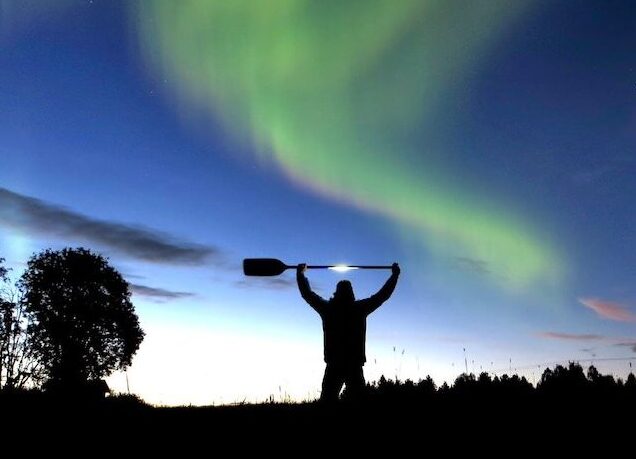CreActive Adventure
[cbxwpbookmarkbtn]
CreActive Adventure is an adventure company that since 2000 specializes in adventures and experiences in Swedish Lapland.
De erbjuder ett brett utbud av arrangemang året runt för privatpersoner och företagsgrupper som söker de riktiga äventyren långt ifrån turistfällor och allfartsvägarna. CreActive Adventure producerar, planerar och levererar arrangemang för grupper från 2–300 personer året om.
Här är några exempel på aktiviteter som ni kan göra med Creactive adventure:
- Fishing in summer and winter
- Scooter safari
- Kayaking
- Rafting
- mountain bike
- Rock climbing and repelling
- Beaver safari
CREACTIVE ADVENTURE
Lassbyn 404
961 97 Gunnarsbyn
info@creactive-adventure.se
+46 702 073 751




